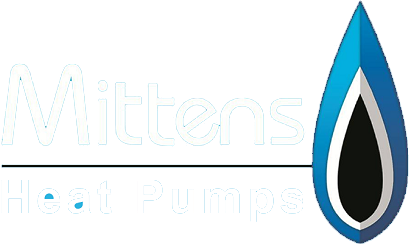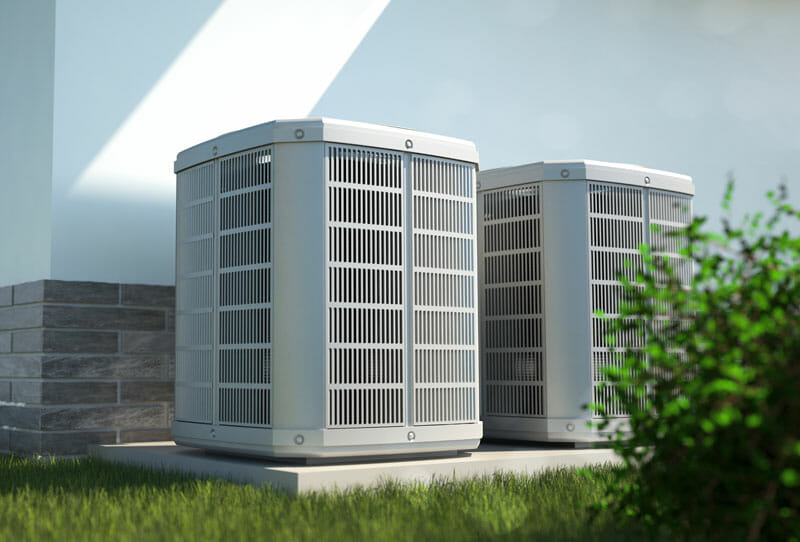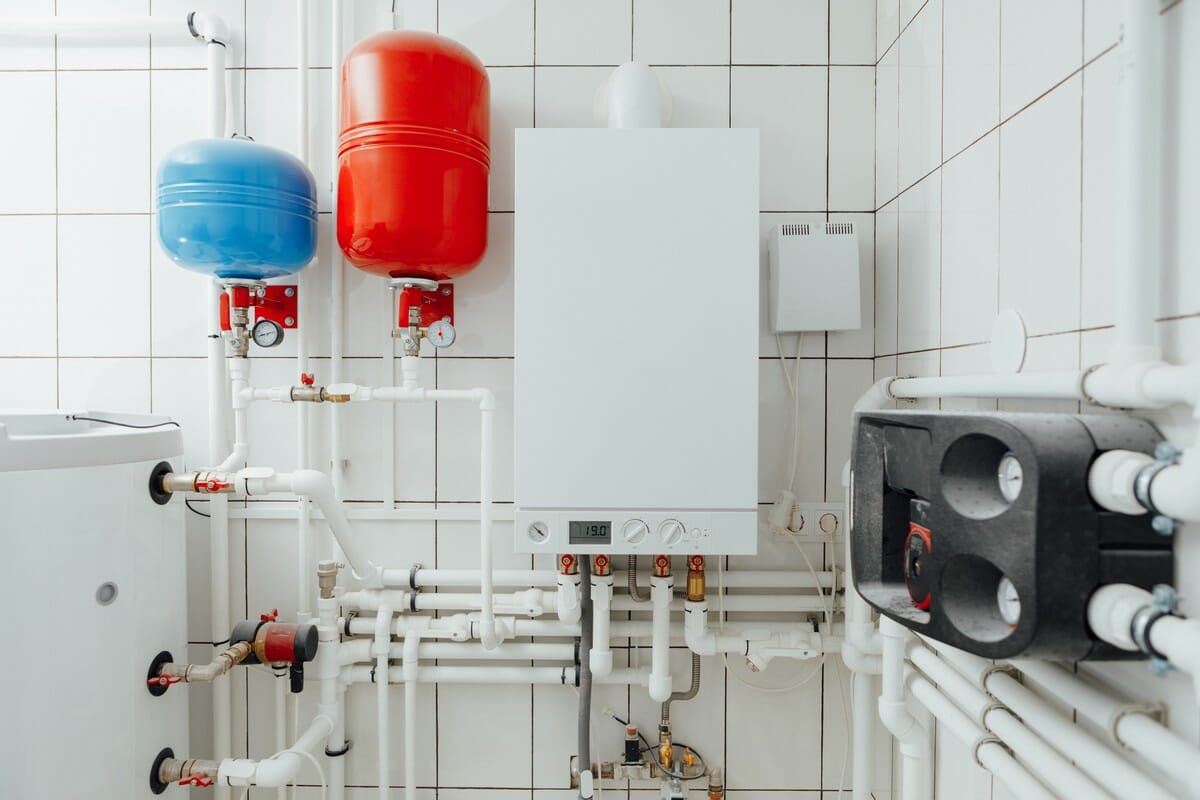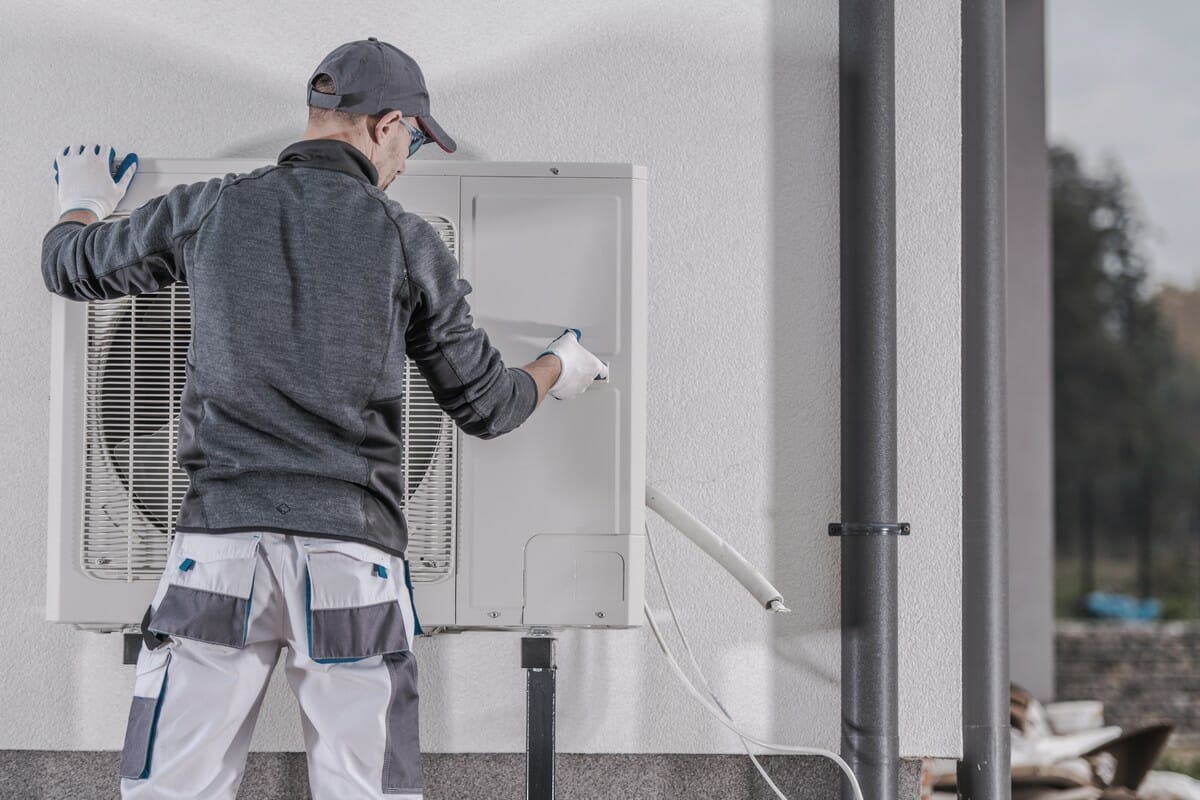Table of Contents
If you’re looking for a way to reduce your carbon emissions and save on energy bills, then installing an air source heat pump could be the answer. Air source heat pumps are renewable heating systems that use energy from the air to generate heat for your home. They work by taking heat from the air outside and using it to warm up water, which is then circulated around your home. Air source heat pumps are an environmentally friendly way of heating your home and can help reduce your carbon footprint.
The United Kingdom Government offers a number of grants and incentives to help homeowners install new green technology, including the Renewable Heat Incentive (RHI), the Domestic Renewable Heat Incentive (d-RHI) and the Boiler Upgrade Scheme.
Are there government grants for air source heat pumps?
As already pointed out, the United Kingdom Government offers a number of grants and schemes to help you install an air source heat pump in your home. The Renewable Heat Incentive (RHI) is the main financial help available and could cover up to 7,600 pounds towards the cost of installation. You may also be eligible for the Green Homes Grant, which offers up to 10,000 pounds for energy efficiency improvements, or the Natural Gas Boilers Upgrade Scheme, which could help with the cost of upgrading your old boiler to a more efficient model.
If you’re looking for ways to reduce your CO2 emissions and save on your energy bills, installing an air source heat pump could be a great option. These environmentally friendly devices work by extracting heat from the air outside and using it to warm your home, meaning they can significantly reduce your reliance on fossil fuels like natural gas and oil. What’s more, the United Kingdom Government offers a number of grants and schemes to help with the upfront costs of installation, so it’s definitely worth considering if you’re eligible.
What is the reason for the UK government offering heat pump grants?
The United Kingdom government recognises that there is a need to reduce CO2 emissions in order to tackle climate change. Heat pumps are a key technology in helping to achieve this, as they offer a much more efficient way of heating homes and businesses than traditional fossil fuel boilers.
This is why the UK government is providing heat pump grants to help reduce CO2 emissions, help people save on their energy costs and increase the uptake of renewable heating systems.
The government’s Renewable Heat Incentive (RHI) provides financial support to encourage the uptake of renewable heating systems such as heat pumps. The RHI pays out money for every unit of ‘clean green’ heat that your system produces. This money can help offset the upfront costs of installing a heat pump, making it a more affordable option for many people.
The air source heat pump grant is for those who are looking to upgrade their existing system to a more energy-efficient model or install a new system. There are also grants available for ground source heat pumps, solar panels, and other renewable system technologies.
In addition to the RHI, the government has also introduced other schemes to help increase the uptake of renewable heating technologies. For example, the Microgeneration Certification Scheme (MCS) provides certification for installers of certain renewable technologies, including heat pumps. This helps give consumers confidence that they are using reputable and qualified installers.
The Energy Saving Trust offers impartial advice on how to make your home more energy efficient and can provide financial assistance towards the cost of measures such as loft insulation and cavity wall insulation. Home Energy Scotland also offers interest-free loans of up to £10,000 for energy efficiency improvements in your home, including installing renewable heating solutions such as heat pumps.
All these measures aim to make it easier and more affordable for people to switch to cleaner, greener forms of heating such as heat pumps. This not only helps reduce CO2 emissions but can also lead to lower energy costs and improved quality of life for those suffering from fuel poverty or mental health conditions exacerbated by living in cold homes.
The Boiler Upgrade Scheme
The United Kingdom Government has introduced a number of measures to try and reduce CO2 emissions. One of these is the Boiler Upgrade Scheme. The scheme offers grants to United Kingdom homeowners to replace their old, inefficient boilers with new, more energy-efficient models. The scheme is open to all United Kingdom homeowners, regardless of income or social status.
There are a number of different types of boilers that can be replaced under the scheme, including gas boilers, oil boilers, and biomass boilers. The type of boiler that you can replace will depend on a number of factors, including the type of property you live in and the fuel that you use to heat your home. If you are a private sector homeowner, you may also be eligible for the scheme.
The aim of the scheme is to reduce CO2 emissions by replacing old, inefficient boilers with new, more efficient models. From April 2022 to April 2025, the Boiler Upgrade Scheme will be in effect. It will succeed the Domestic RHI Scheme, which will be closed to fresh applicants on March 31, 2022.
How can I check my home is eligible for the Boiler Upgrade Scheme work?
The Boiler Upgrade Scheme work is available to any homeowner in the UK who has an old and inefficient boiler. The scheme is also available to private landlords and housing associations. To check if your home is eligible, you can either contact your local authority or visit the website of the Energy Saving Trust.
However, all applicants must have a current Energy Performance Certificate (EPC) — typically one issued within the last 10 years — with no outstanding loft or cavity wall insulation recommendations.
Homeowners who have outstanding recommendations for a loft or wall insulation may still apply if the work was completed during the voucher validity period, as evidenced by a newly generated EPC at the voucher redemption stage.
What is the process for applying for the boiler upgrade scheme grant?
Fresh applicants for the grant will need to have their gas boiler assessed by local installers to see if it meets the criteria for being replaced under the scheme. If you are eligible for the grant, you will need to choose an approved installer to carry out the work. The Boiler Upgrade Scheme is just one of many initiatives from the UK government aimed at helping households reduce their carbon footprint and save money on their energy costs.
Your authorised installer will apply for the Boiler Upgrade Scheme on your behalf, and installation must take place between April 1st, 2022 and March 30th, 2025. This is what happens:
- You and your installer reach an agreement on your quote.
- Your installer will submit an application for the BUS grant on your behalf.
- Ofgem contacts you as the property owner to confirm your consent; you have 14 days to do so.
- Ofgem evaluates the application and offers the installer a voucher (voucher expires within 3 months for heat pumps and 6 months for ground source)
- The installation is completed by your installer.
- The voucher is redeemed by your installer with Ofgem.
- The installer receives a grant from Ofgem.
Renewable Heat Incentive (RHI)
The government’s RHI is designed to encourage the uptake of renewable heating solutions among UK homeowners and landlords, by offering financial incentives. RHI payments are made to eligible participants for every unit of green heat they produce, providing a long-term income stream which can help to offset the upfront bills of installing a renewable heating system. Remember that this initiative will be replaced by the Boiler Upgrade Scheme in March 2022.
Who is eligible for the RHI?
If you live in England, Scotland, or Wales, you can apply for the RHI scheme. You will also have to:
- Own your home.
- Make a living as a private or social landlord.
- For your heat pump, obtain a Microgeneration Certification Scheme (MCS) accreditation.
- Maintain a current domestic Energy Performance Certificate (EPC).
In general, unless you’re building your own home, new-build properties will not be eligible for the scheme.
Warmer Homes Scotland
The Scottish Government has introduced the Warmer Homes Scotland Scheme to help tackle fuel poverty and improve the energy efficiency of homes across Scotland. The Scheme provides insulation and heating measures for eligible households, as well as advice and support to help people make their homes more energy sufficient.
The Home Energy Scotland loan offers a range of measures to eligible households, including loft insulation, boiler upgrades (including air source heat pumps and ground source heat pumps), solar panels, and home energy efficiency improvements. The Home Energy Scotland loan also offers a range of financial incentives to help with the upfront bills of making your home more energy sufficient, including interest-free loans and grants.
To be eligible for the Scheme, you must meet certain criteria relating to your household income, your property type and whether you are in receipt of certain benefits. You can find out more about the eligibility criteria on the Warmer Homes Scotland website.
This Scheme is just one of a number of schemes that are available to help make your home more energy efficient. Other schemes include the UK Government’s RHI, which provides financial incentives for installing renewable energy solutions such as air source heat pumps and ground source heat pumps; and Cavity Wall Insulation Grants (CWIGs), which provide funding for the cost of having cavity wall insulation installed in your home.
Who’s eligible for Warmer Homes Scotland?
If you’re a Scottish homeowner or private sector landlord, the Warmer Homes Scotland scheme may be able to help you make your home warmer and more energy efficient, at no cost to yourself.
To be eligible for the scheme, candidates must:
- Be the owner or tenant of a privately owned home in Scotland
- Live in homes that are 230 square metres or smaller, and have a 67 point energy rating or less.
- Living in a home that meets the Housing (Scotland) Act 2006’s tolerable living standard.
- Have an Energy Performance Certificate (EPC) rating of band E or below
- Not have received any other government grants for energy efficiency solutions in the past 5 years
The person must also be one of the following:
- Pensioner receiving passport benefits and no working heating system
- A passport benefit recipient who is 75 years of age or older
- A pregnant woman or a caregiver of a child under 16 receiving a passport benefit
- Persons who are disabled and receiving Personal Independent Payment (PIP)
- Individuals with disabilities who are also receiving high-rate Disability Living Allowance (DLA)
- Disability Living Allowance (DLA) recipient, receiving income-related benefits in addition to his or her disability allowance
- Carers receiving Carers Allowance
- An injured or disabled veteran receiving the Armed Forces Independence Payment/War Disablement Pension after serving in the armed forces
- A person who is receiving Industrial Injuries Disability Benefits because of an injury or disability caused by work.
If you meet all of the above criteria, you can apply for the scheme by filling out an online application form.
If you are eligible for the Scheme, an approved installer will carry out a home energy assessment to identify which measures would be most suitable for your home. The installer will also provide you with a quote for the cost of installing the measures.
There is no charge for the home energy assessment or for the installation of measures under the Scheme. In some cases, there may be a small charge for materials used during the installation (e.g. if you need a new loft hatch or floorboards).
Nest Wales
You may be eligible for a grant to help with the cost of a new renewable heating system with the NEST Wales Scheme. The Welsh Government’s Nest scheme can help you pay for a new air source or ground source heat pump, biomass boilers or other measures to increase energy efficiency and reduce carbon emissions in your home.
Grants are available to private sector landlords for the installation of energy efficiency solutions in homes that are rented out to low-income households. The scheme is also open to new applicants who are looking to install renewable heating solutions in their own homes.
Who’s eligible for Nest?
If you want to seek help from Nest, you must:
- Own or rent your home privately (not from a local authority or housing association).
- Have an inefficient home that is costly to heat.
- Have a means-tested benefit or a chronic respiratory, cardiovascular, or mental health condition.
How much money can an air source heat pump help you save?
The air source heat pump can help you save money on your energy costs by reducing your carbon emissions and increasing your energy efficiency. According to the Energy Saving Trust, air source heat pumps can save you up to £350 a year on your energy-saving measures. The government’s RHI can also help you save money on your heat pump grants. You may also be eligible for the boiler upgrade scheme, the cavity wall insulation grant, or the domestic renewable heat incentives.
Want to find out if you qualify for any of the air source heat pump grants, get in touch with Mittens Heat Pump for more information.





